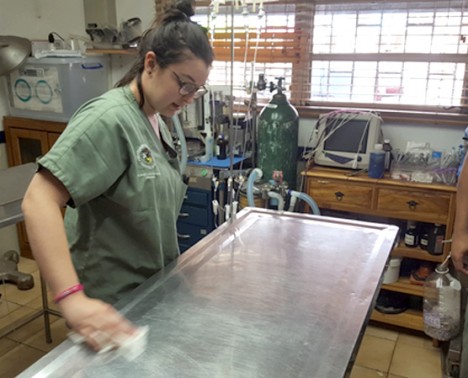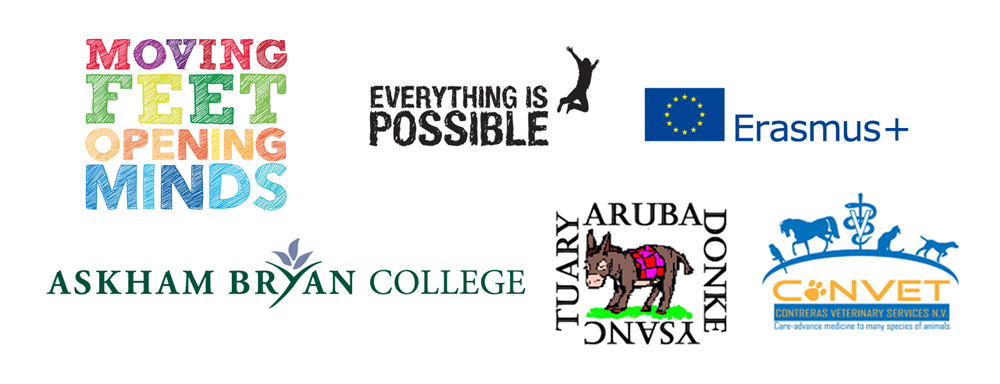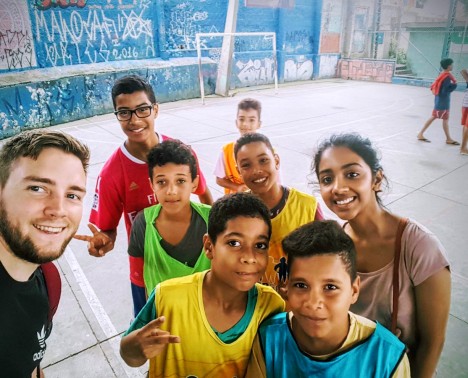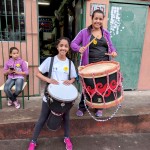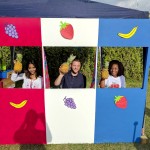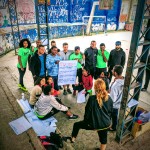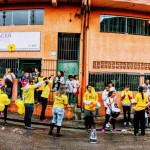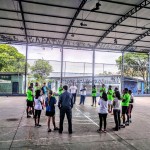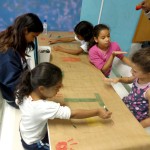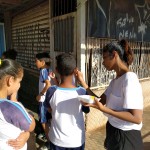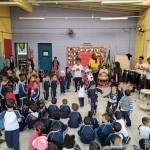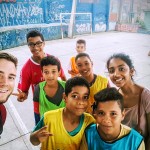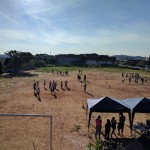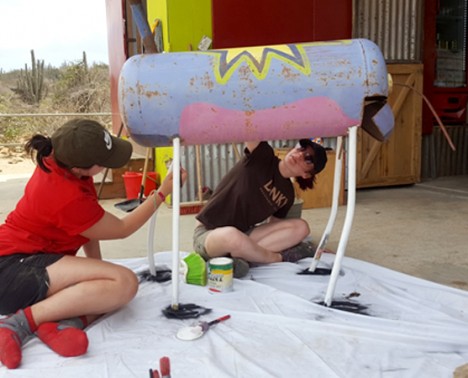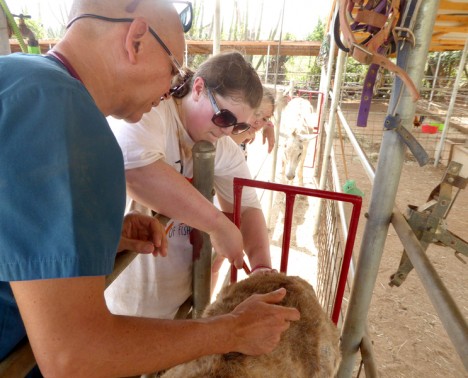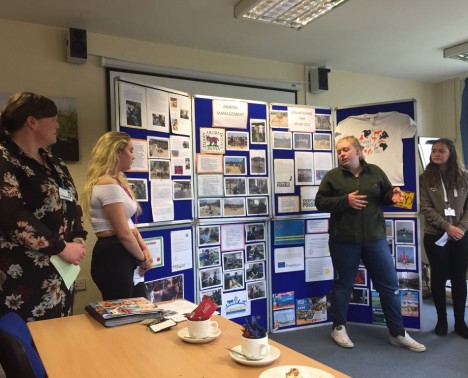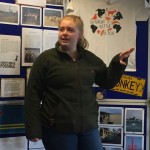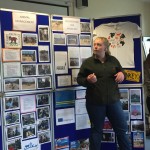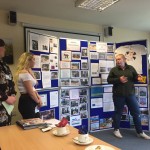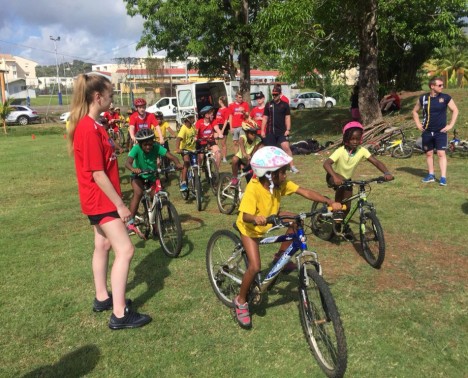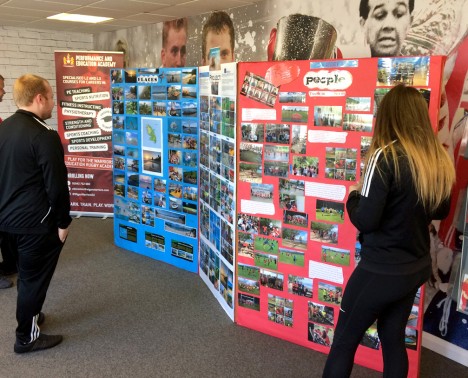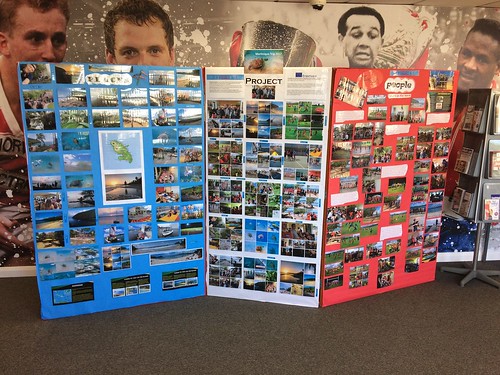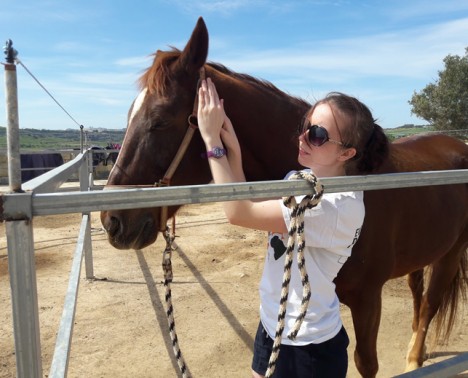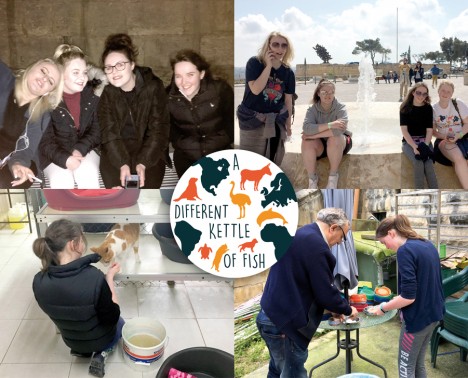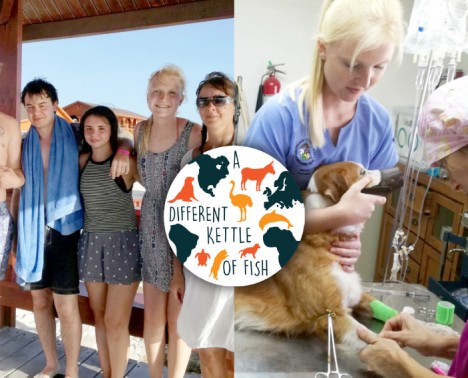In the beggining
So…São Paulo, Brasil?
What to make of You…
Having spent the last month or so underneath your palm trees and endless skyscrapers, I’m just beginning to understand your language (and I don’t mean Portuguese; we’ll come to that in a bit).
Your constant warmth and Paulista smiles help to remind you that everyday is a gift and that life is a present to be opened every time you make up in the morning.
The same thoughts are provoked when you see the sheer amount of people here in Eldorado, a small village 45 minutes from the centre of SP (São Paulo), with the majority of people living a very humble lifestyle, just surviving amongst high levels of poverty and crime…
…and yet the wide Paulista smiles persist.
Our new family here at ACER Brasil have welcomed us with open arms, generosity, kindness and a lot of patience! Amongst futebol, percussão and other ‘esportes’ sessions, we have been trying to get to grips with the beautiful language that is Português…Paulista style!
As you may know, I am so lucky to be here I’m Brasil with my best friend in the world, ‘Google Translate!’…kidding!
…my bonita esposa (beautiful wife), Ayesha x
It is a difficult language to understand, or maybe it’s just the expressions and exaggerated accents that I’m struggling with. Well, I am from Bradford! My monotonous delivery doesn’t go down too well here. We are getting there though. We’re now past the point where every conversation consists of just ‘bom dia’ and ‘tudo bem’, thanks to our tutor Vitor, who is also improving his ‘Yorkshire’ at the same time.
Futebol seems to be life here
Similar to back home, it’s in the homes, in the workplace, on the shirts and in their blood. The only difference it seems is that their love for the beautiful game lies in the beautiful goal and not the goal itself. Face and reputation is a big thing here and skilling an opponent is cheered as much as a goal, just as being skilled feels like conceding a goal.
Jogos & Brincadeiras (Toy & Games)
We have started delivering small games within the futebol sessions and also leading the ‘toy and games’ sessions, which is a non-competitive group of mixed-aged children. It has been difficult to begin with in terms of explaining and describing new games to the children. We rely heavily on the older kids to get our ideas across. People back home have been really generous and raises money to buy new equipment, such as balls, cones and a classic parachute! (Everyone loves a parachute right?) This has allowed us to add more variety to the sessions as there is very little equipment accessible to us.
Percussão
The rest of our week has been filled up by the percussion class. As a keen drummer and percussionist (I try), this class soon became my highlight of the week. This is because, not only do I get to play many of the African drums, for example, the ‘alfaia’, the ‘djembe’, the ‘tumbadora’, as well as my old friends the congas; but I have also learnt how to plan and deliver a music class. Unlike a sports session, each child plays and learns a certain beat individually while the rest of the class watches and they take turns. This is because 15 children banging their own drum at the same time makes things very difficult to teach anybody anything!
All in all, it has been a great start to our journey here in Brasil. We hope to venture out and see the many attractions São Paulo has to offer and also continue to develop our Portuguese.
Ate mais! (See you soon)
European Voluntary Project part of Olympic Legacy, funded by the Erasmus+ programme of the European Union.

